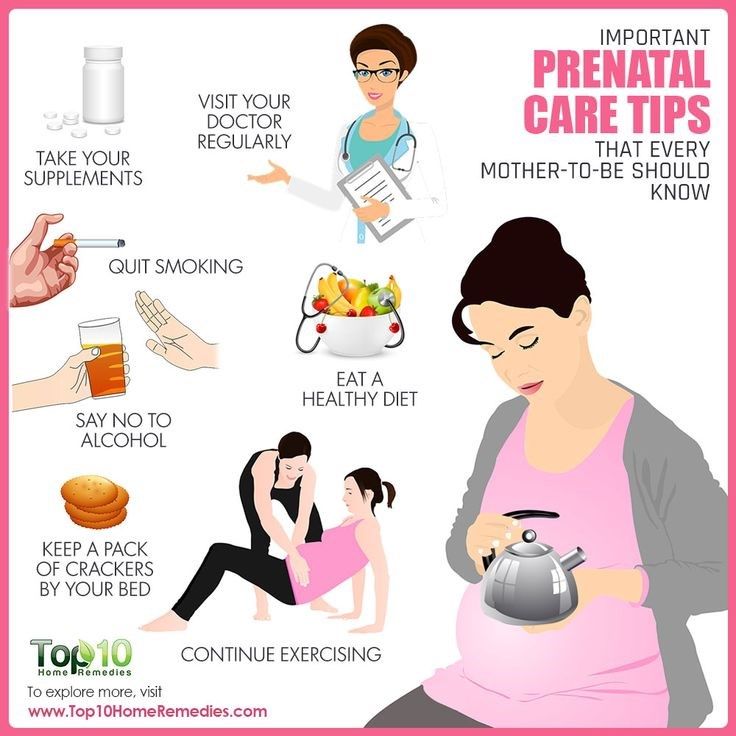Bringing a new life into the world is a beautiful and miraculous experience, but it also comes with a great deal of responsibility. Ensuring the health and well-being of both the mother and the baby during pregnancy is crucial, and that’s where prenatal care plays a crucial role.
Why Prenatal Care is Important
Prenatal care involves regular check-ups with healthcare providers throughout the pregnancy to monitor the health of both the mother and the baby. These visits help in detecting any potential issues early on and taking necessary actions to ensure a healthy pregnancy and delivery. It also provides an opportunity for expecting mothers to learn about proper nutrition, exercise, and other important aspects of pregnancy.
Early Pregnancy Care
One of the first steps in prenatal care is confirming the pregnancy through a urine or blood test. Once pregnancy is confirmed, it’s important to schedule the first prenatal visit, which usually takes place around 8-12 weeks of pregnancy. During this visit, the healthcare provider will perform a thorough physical exam, discuss the mother’s medical history, and order necessary tests.
Regular Prenatal Visits
Throughout the pregnancy, expecting mothers are advised to attend regular prenatal visits, typically once a month in the first two trimesters, and more frequently in the third trimester. During these visits, healthcare providers will monitor the mother’s weight gain, blood pressure, and the baby’s growth and development. It’s also a good opportunity to ask any questions or express concerns about the pregnancy.
Importance of Nutrition
Proper nutrition is crucial during pregnancy to ensure the health of both the mother and the baby. Expecting mothers are advised to eat a balanced diet rich in fruits, vegetables, whole grains, and lean proteins. They may also need to take prenatal vitamins to ensure they are getting all the necessary nutrients for a healthy pregnancy.
Exercise and Rest
Staying active during pregnancy is important for both physical and mental well-being. Low-impact exercises like walking, swimming, and prenatal yoga can help expecting mothers stay fit and maintain a healthy weight. It’s also important to get plenty of rest and listen to your body’s cues when it comes to fatigue and discomfort.
Preparing for Labor and Delivery
As the due date approaches, it’s important to discuss birth plan preferences with the healthcare provider and prepare for labor and delivery. Taking childbirth classes, packing a hospital bag, and arranging for transportation to the hospital are all important steps in ensuring a smooth delivery process.
Postpartum Care
Prenatal care doesn’t end with the delivery of the baby. Postpartum care is equally important to ensure the mother’s and baby’s health in the days and weeks following childbirth. Follow-up visits with the healthcare provider, monitoring for any signs of postpartum depression, and establishing a feeding routine for the baby are all crucial aspects of postpartum care.
Conclusion
Prenatal care plays a crucial role in ensuring a healthy pregnancy and delivery. By attending regular prenatal visits, following a healthy diet, staying active, and preparing for labor and delivery, expecting mothers can set themselves and their babies up for a happy and healthy start to life. Remember, a healthy pregnancy starts with proper prenatal care.
